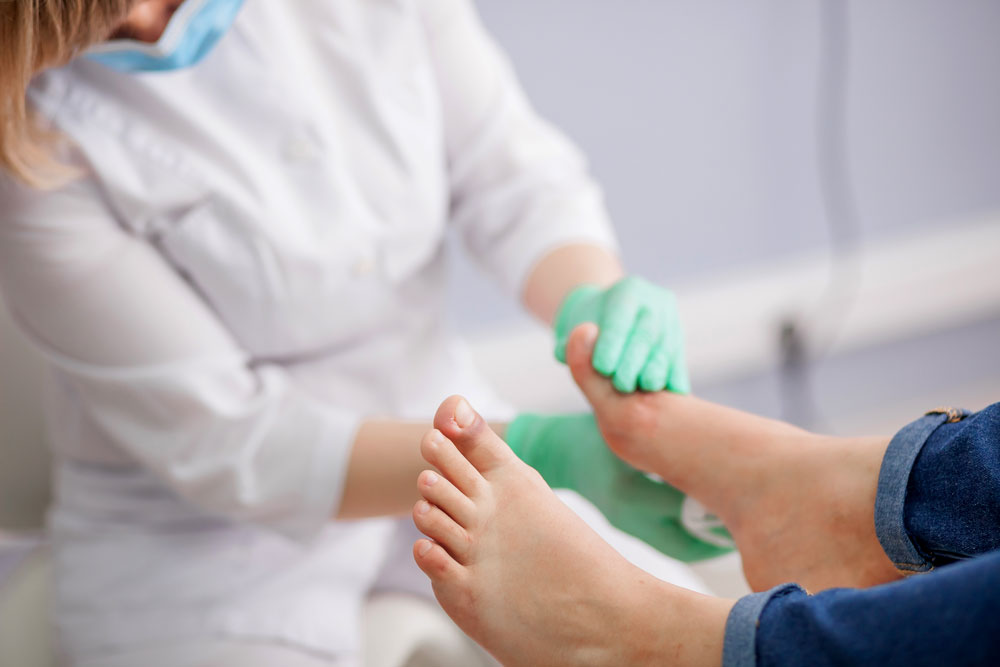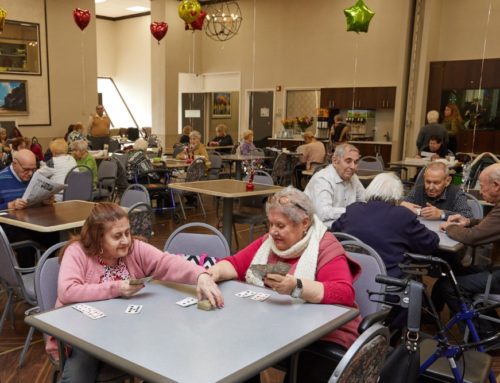Diabetic Foot Care: Four Serious Mistakes To Avoid
Foot-related complications are more common among people with diabetes, so for them diabetic foot care is a must. Preventing minor foot sores from developing into ulcers can reduce the risk of amputation. Even small injuries to the foot can take a long time to heal and may need rigorous diabetes treatment to cure.
Diabetes Foot Care Examinations
A crucial part of foot care is regular check-ups. High blood glucose levels in diabetics may result in damage to the nerves or loss of circulation in the feet. This means that if you have a foot sore it may well be that you can’t feel it.

That’s why you mustn’t ignore your feet – check up on them every day to spot any changes or damage. If you spot changes tell your podiatrist or doctor as soon as possible to avoid complications. Prompt treatment may be needed to prevent serious infections and even amputation. In addition, all diabetics should have a foot examination at least once a year as part of their diabetic foot care regime.
Take note of the following:
1. Don’t Let Your Feet Get Cold Or Wet
Look after your feet and keep them warm and dry at all times. Avoid going for a walk in the rain or snow as it’s important not to let your feet get cold and wet. Be sure to wear warm socks and comfortable shoes in winter.
2. Don’t Treat Corns Or Calluses Yourself
Self-medication and “bathroom surgery” can lead to serious problems and won’t cure a foot problem if you have diabetes. Avoid using medicated pads as they are an ineffective diabetic foot care treatment. Professional nursing care is what you need if you develop corns or callouses.
3. Don’t Forget About Your Blood Sugar Levels
Your feet are part of your body and are affected by your overall health. Diabetic foot care requires regular monitoring of blood sugar levels and a good diet to keep those levels down. Get your nurse or doctor to give you a regular readout of your blood pressure, too.
4. Don’t Wear Regular Socks
Regular socks are not soft and warm enough or have elastic that’s too tight and constrains blood circulation. Diabetic socks are non-elastic and seamless and help reduce constriction that can lead to swelling.
The information above is for education purposes. Please consult your doctor immediately if you need medical assistance concerning your feet.
Diabetic Foot Care at Fairview
Fairview Adult Day Care Center in Brooklyn NY provides podiatry services, regularly checks your blood sugar levels, and offers special diets. In addition, we offer rehabilitation therapies such as physical, occupational and speech therapies as well as lots of fun activities and nursing care for adults and seniors. As part of our diabetic foot care regime we regularly check for ingrowing toenails, cuts, burns, blisters, corns and calluses. Also, we educated our attendees on how to inspect their feet and care for them.
Don’t hesitate to contact us today if you would like to know more about our numerous programs specifically tailored towards supporting people with diabetes. We accept most insurance plans and policies and will talk you through the various options.
This article is for educational and informational purpose only and does not substitute for professional medical advice. For any questions about your own health condition, speak to a qualified physician or healthcare provider.







Leave A Comment